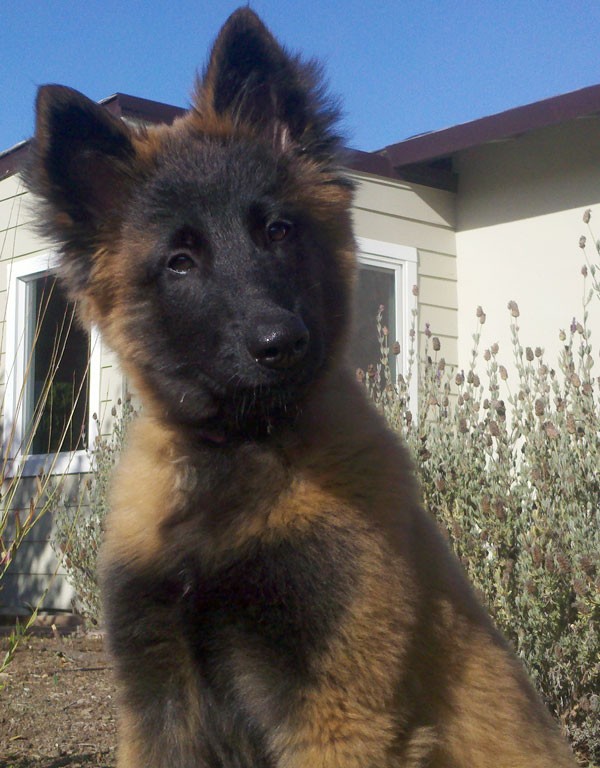Today I took a shower with a spider.
It wasn't like I volunteered for this; I hopped in and was well along in the process of getting clean before I saw it in the shower pan. And this wasn't a tiny spider – it was a big one. I'd' say 3″ around or so.
Ok. Maybe it was closer to 1″, including the legs. But it FELT like 3″ when I realized that I was not alone.
I'm not afraid of spiders but I also do not choose to take showers with them. I was particularly unthrilled about the thought of one crawling on me when I shut my eyes to rinse my hair. But I could manage, and anyone watching would not have been aware of the turmoil going on inside of my mind as I kept half an eye on that spider and the rest of my brain on getting done with my shower.
And then my husband unexpectedly opened the bathroom door. I startled, screamed, and am quite lucky I didn't go through the glass.
What happened?
My husband has seen me shower before- after 20 years we're well past any issues there. And I had been showering with that spider for a couple of minutes already so that wouldn't have caused my reaction. But in my hyper aware state I seriously overreacted, likely risking my health a good deal more than anything that spider could have thought up to do to me.
When we are agitated, we are hyper aware. That internal state of awareness may or may not show on the outside, but the effort to continue on in a normal fashion absorbs most of our capacity.
Now let's talk about dogs.
